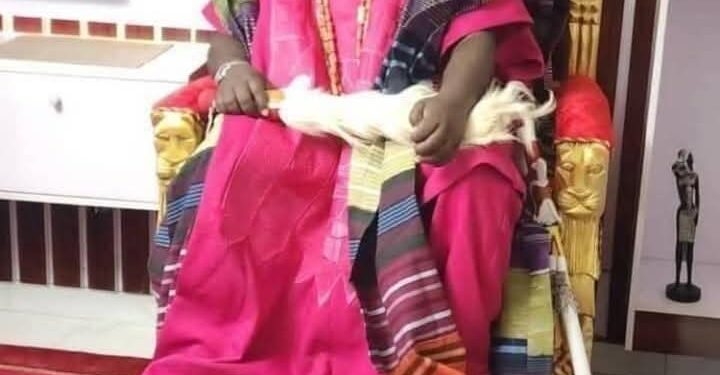
By Ibrahim Kegbegbe
The announcement of a curfew in Oyo State from 8 PM to 6 AM, later adjusted to 10 PM to 4:30 AM following public outcry, has sparked widespread controversy. The initial curfew, allegedly imposed by traditional consultants in preparation for the coronation of a new Alaafin of Oyo, has been met with opposition from various quarters, particularly the Muslim community. Critics argue that the restriction violates fundamental human rights, particularly freedom of movement, and that only the state or federal government has the legal authority to impose such restrictions.
The Constitutional Dilemma
The Nigerian Constitution unequivocally guarantees the right to freedom of movement, except in situations involving national security, public health, or legal detention. However, the curfew announcement did not come from the state or federal government but from traditional custodians of the Yoruba monarchy. This raises a critical legal question: Can a group of traditional consultants, no matter how culturally significant, impose restrictions that override constitutional provisions?
Opponents of the curfew argue that it sets a dangerous precedent, where non-governmental entities can assume powers exclusive to the state. If left unchecked, this could lead to a fragmentation of authority, where religious, ethnic, or traditional groups impose arbitrary regulations on citizens under the guise of cultural preservation. If traditional rulers and their consultants wield such powers without legal backing, what stops other influential groups from doing the same in their domains?
The Religious Sensitivity
Beyond the legal arguments, the timing of the curfew has aggravated tensions, as it coincides with the holy month of Ramadan for Muslims and Lent for Christians. This period is spiritually significant, with many adherents engaging in night prayers and other religious activities. The Muslim community, in particular, has raised concerns over how the curfew might disrupt Tarawih prayers and the observance of Laylatul Qadr, a night believed to hold immense spiritual blessings, which falls within March 20–29.
A critic of the curfew described it as “inhumane and antisocial,” emphasizing that restricting movement during Ramadan is a form of religious suppression. Others have taken a more pragmatic approach, arguing that adjustments should be made, just as Muslims and Christians adapted during the COVID-19 lockdown when even Hajj and other religious activities were suspended. However, equating the current situation with COVID-19 is problematic—COVID-19 restrictions were implemented to prevent a global health crisis, while this curfew appears to be a traditional prerogative that lacks a compelling public interest justification.
Tradition vs. Modern Governance
At the heart of this controversy is a longstanding debate about the role of traditional institutions in modern governance. The Yoruba monarchy remains a powerful cultural institution, but it does not operate in a vacuum. The Oyo State government, as the legitimate governing authority, must clarify its position—does it recognize this curfew as legally binding, or is it merely an advisory restriction by the traditional council? If it is the former, then due process must be followed to legitimize it; if it is the latter, then enforcement becomes an issue.
Tradition and modern governance must find a way to coexist without infringing on constitutional rights. The process of crowning a new Alaafin is an important cultural event, but it should not come at the expense of religious freedom and human rights. If security is a concern, the state government should be the one to impose necessary measures, with clear justifications, rather than allowing an unelected body to wield quasi-governmental authority.
Finding a Middle Ground
The solution to this controversy lies in dialogue and legal clarity. If the curfew is necessary for security reasons, the state government should officially communicate its justification and ensure that it does not unduly interfere with religious practices. If the restriction is merely traditional, then it should be advisory rather than compulsory.
Nigeria is a multi-religious, multi-ethnic democracy where laws—not customs—must dictate governance. While tradition should be respected, it cannot override the constitution. The people of Oyo State must ask themselves a crucial question: Do we want a society governed by laws or by the whims of cultural and religious institutions? The answer to this question will determine not only how this curfew is handled but also how future conflicts between tradition and democracy will be resolved.

















